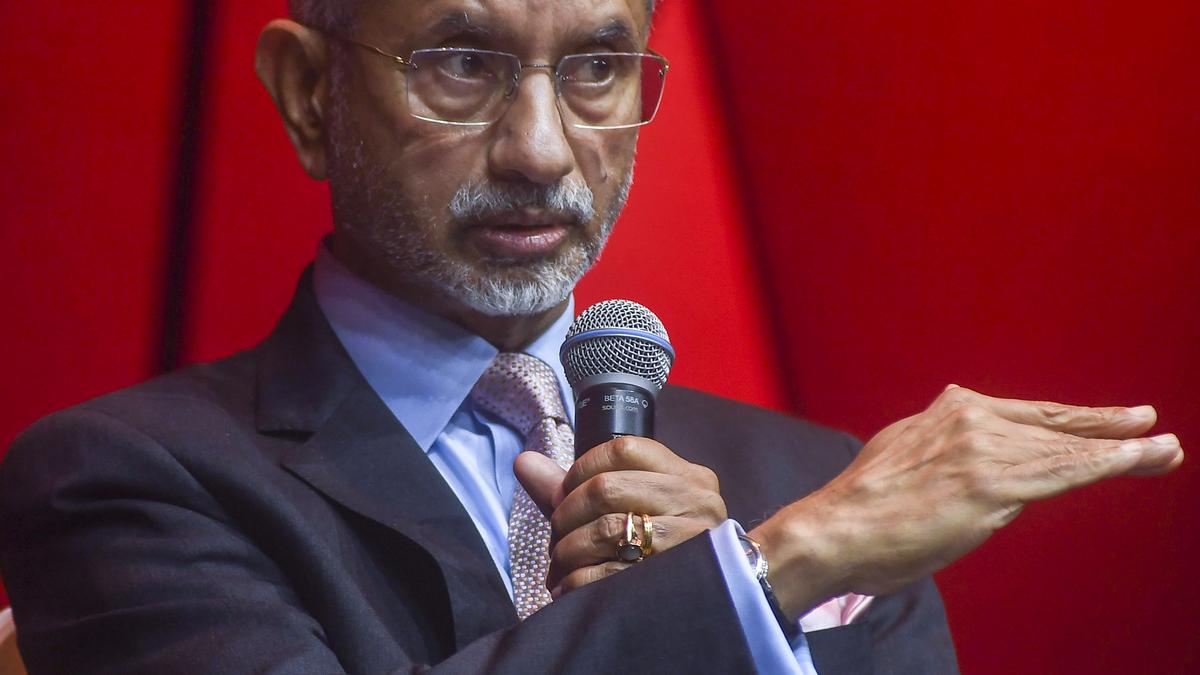 |
|
The deepening economic ties between India and Russia are taking center stage as both nations seek to navigate a complex geopolitical landscape. External Affairs Minister S Jaishankar's recent statement emphasizing the importance of bilateral trade in national currencies underscores the strategic shift taking place in the global economic order. India and Russia, both facing pressure from Western sanctions and seeking to reduce reliance on the US dollar, are looking to strengthen their economic cooperation through alternative payment mechanisms and a renewed focus on bilateral trade.
The current state of bilateral trade between India and Russia stands at a significant $66 billion, and both nations have set ambitious targets to reach $100 billion by 2030. This ambitious goal is driven by a shared desire to foster economic resilience and independence in the face of geopolitical tensions. The utilization of national currencies, particularly the Indian Rupee and the Russian Ruble, is seen as a critical step in achieving these objectives. The establishment of Special Rupee Vostro Accounts, allowing for seamless transactions between the two countries, is a tangible example of this strategy.
Beyond financial mechanisms, India and Russia are exploring various infrastructure projects to strengthen their economic interdependence. Initiatives like the International North-South Transport Corridor (INSTC), the Chennai-Vladivostok Corridor, and the Northern Maritime Route, all aimed at facilitating trade and connectivity, highlight the commitment of both nations to building a robust economic partnership. The signing of a bilateral agreement between the customs authorities of India and Russia in May 2024 on Authorised Economic Operators has streamlined trade procedures and facilitated ease of doing business, further contributing to the growth of bilateral trade.
The recent imposition of sanctions by the US Treasury Department against nineteen Indian entities engaged in trade with Russian entities adds complexity to the evolving relationship. Despite these challenges, both India and Russia have signaled their strong commitment to nurturing economic ties. Prime Minister Modi's visits to Moscow and Kazan earlier this year, coupled with the BRICS summit in Kazan, have underscored the shared priorities of both nations in promoting trade in local currencies to safeguard national interests. The establishment of the Russian Business Centre in India, aimed at fostering business interactions between the two countries, is another testament to this commitment.
The recent developments in Indo-Russian trade reflect a broader shift in the global economic landscape. As the world becomes increasingly multipolar, nations are seeking alternative trade arrangements to reduce reliance on traditional economic powerhouses. India and Russia, through their collaborative efforts in strengthening bilateral trade and exploring new payment mechanisms, are contributing to this emerging economic order. Their initiatives, based on mutual benefit and shared strategic interests, are likely to play a significant role in shaping the future of global trade and economic cooperation.
